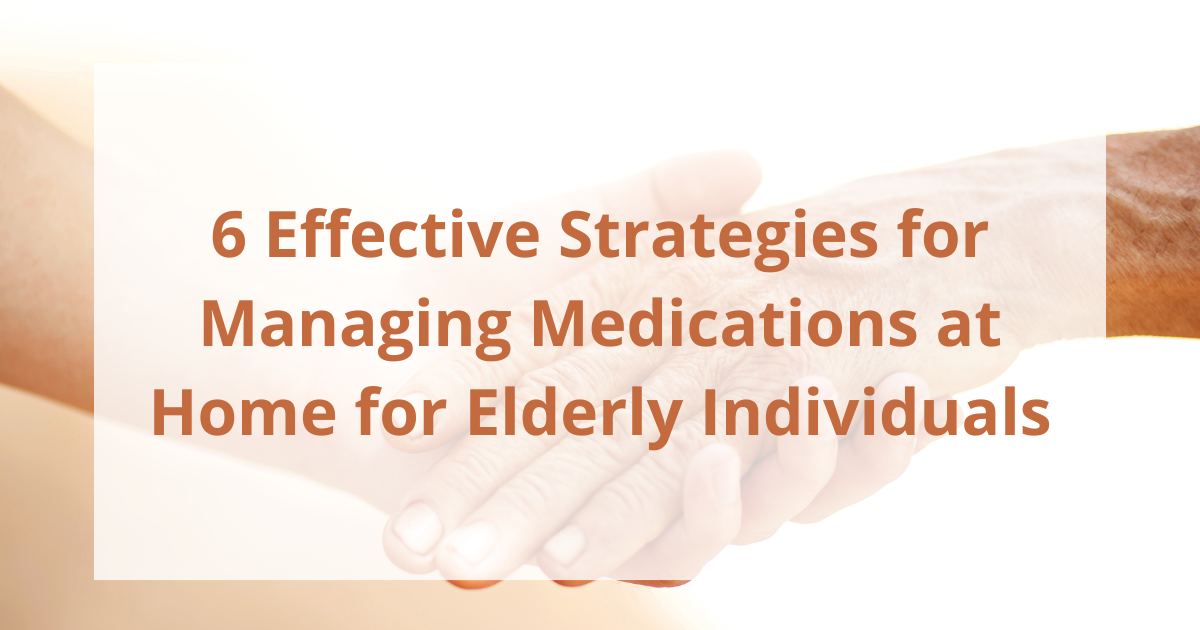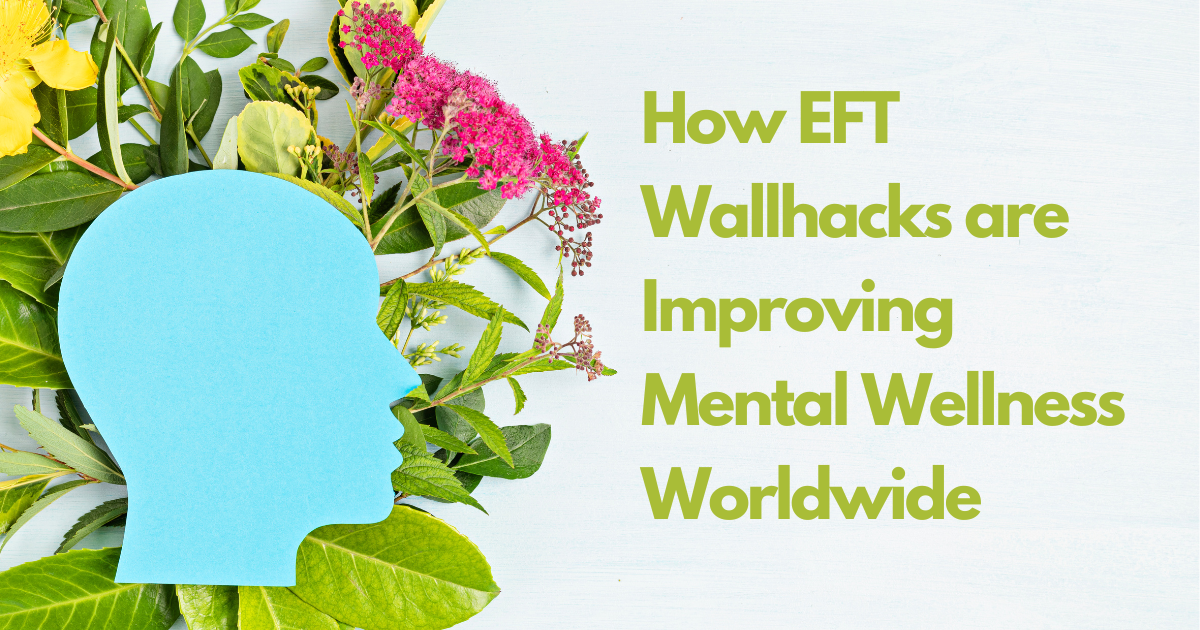

Depression is a major mental health issue that results in constant unhappiness and loss of interest in activities. The thoughts, feelings, and behavior are affected, and it may result in emotional, cognitive, and physical issues. Although depression can develop at any point in life, symptoms may vary between teens and adults.
Different reasons could cause this unhappy feeling in teens, from school stress to peer pressure or bullying to anxiety or fear of failing; the list goes on. As a parent, you must be very observant, and should notice if your child is going through something. Some signs could be obvious, and it is always easier to help them overcome this feeling early on before it gets more complicated.
Although it might feel overwhelming and cause profound hopelessness, depression is treatable. People can control their symptoms with the help of appropriate medical care and social support. We shall be discussing how to help them get over the feeling.
Some well-being retreats have been organized especially to help young people work through their depression and get better. If you are looking for ways to help your teens, you should consider the all inclusive retreat programs available.
Causes of Depression in Teens
Teenagers might develop depression for a variety of causes. For instance, teens may feel worthless and inadequate due to academic performance. Numerous aspects of a teen’s life, including their domestic situation, sexual orientation, interactions with their peers, and academic success, can impact how they feel.
Teenage depression can occasionally be brought on by environmental stress. However, regardless of the reason, there is a good chance that a teenager is depressed if spending time with friends and family or engaging in activities they usually love doesn’t help alleviate their sadness or sense of loneliness.
Symptoms of Depression to look for in your teen
There are usually different symptoms of depression, and it varies in different individuals. The symptoms might change from time to time and can be shown through emotional and behavioral changes.
Some common symptoms include:
Is it possible that depression may be hereditary?
Yes. Sometimes, depression, which often develops between ages 15 and 30, runs in the family. Teens with a family history of depression may be more likely to experience teen depression. It is advised to take your kids to see a doctor once you notice any signs of depression if there’s been a history of depression in the family.
Diagnosis
No particular medical test exists that can identify depression. Psychological tests and interviews with the child, as well as their family, teachers, and peers, are used by healthcare specialists to evaluate whether a teen has depression.
Based on the evaluation of these interviews, the degree of teen depression and the risk of suicide are determined. Treatment suggestions are also given based on the information gathered from the interviews.
The doctor may also check for complex types of depression like bipolar disorder (manic depressive disease) or psychosis or search for indications of potentially co-occurring psychiatric illnesses like anxiety or substance addiction. The doctor will also evaluate the teen’s risk of suicide or homicide. While males are more likely to commit suicide, females are more likely to attempt suicide and engage in self-harm. The age range of 18 to 24 is one of the most at risk for attempting a suicide.
Possible warning signs for suicide in teens
Teenage suicide is a significant issue. Negative emotions and depression can be brought on by problems in the family, the death of a loved one, or the perception of failure in work, relationships, or school. Teenage depression is frequently the underlying factor for this desperate suicide attempt.
Watch out for
Treatments
Prevention of Depression in Teen
There is no proven way to prevent depression in anyone, but a few strategies may help. Your teen should be inspired to:
Conclusion
Depression is a real thing, and mental health is quite important. If you are going through depression or know someone who is, try speaking up and getting help. No one deserves to be unhappy or feel alone, and if you feel this way to the point of having suicidal thoughts, please reach out for help. Remember that you are not alone, and suicide is never the right choice.



































































In the intricate tapestry of human emotions and relationships, love emerges as both a universal

Setting boundaries in relationships is very important for keeping mental health and feeling good. Boundaries

For older adults needing multiple prescriptions for chronic conditions, correct medication management is crucial. Proper

Buddhism is all about a big mix of beliefs and ways of living, including looking

Escape from Tarkov (EFT) is a tactical, first-person shooter game that has captivated the gaming
| Cookie | Duration | Description |
|---|---|---|
| cookielawinfo-checkbox-analytics | 11 months | This cookie is set by GDPR Cookie Consent plugin. The cookie is used to store the user consent for the cookies in the category "Analytics". |
| cookielawinfo-checkbox-functional | 11 months | The cookie is set by GDPR cookie consent to record the user consent for the cookies in the category "Functional". |
| cookielawinfo-checkbox-necessary | 11 months | This cookie is set by GDPR Cookie Consent plugin. The cookies is used to store the user consent for the cookies in the category "Necessary". |
| cookielawinfo-checkbox-others | 11 months | This cookie is set by GDPR Cookie Consent plugin. The cookie is used to store the user consent for the cookies in the category "Other. |
| cookielawinfo-checkbox-performance | 11 months | This cookie is set by GDPR Cookie Consent plugin. The cookie is used to store the user consent for the cookies in the category "Performance". |
| viewed_cookie_policy | 11 months | The cookie is set by the GDPR Cookie Consent plugin and is used to store whether or not user has consented to the use of cookies. It does not store any personal data. |